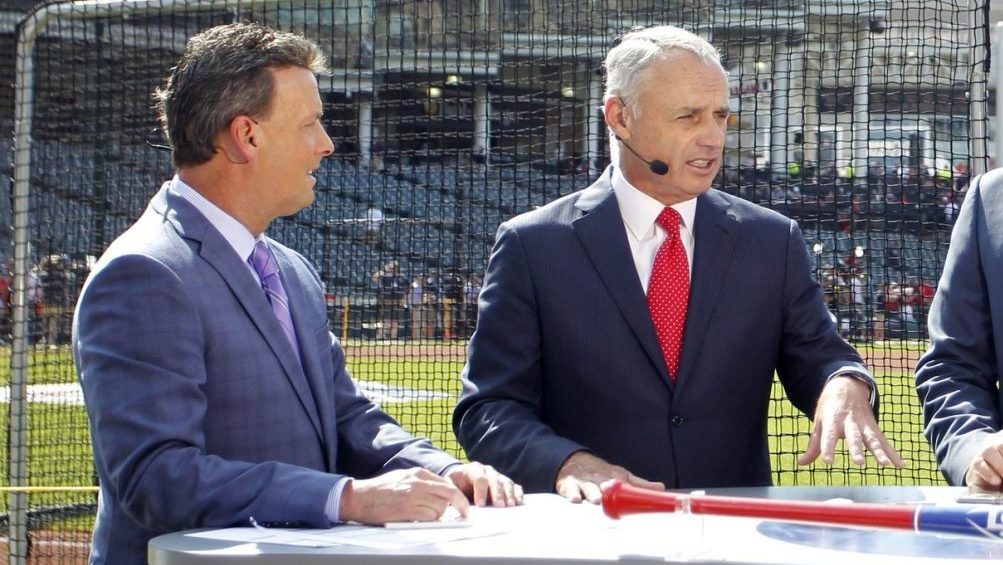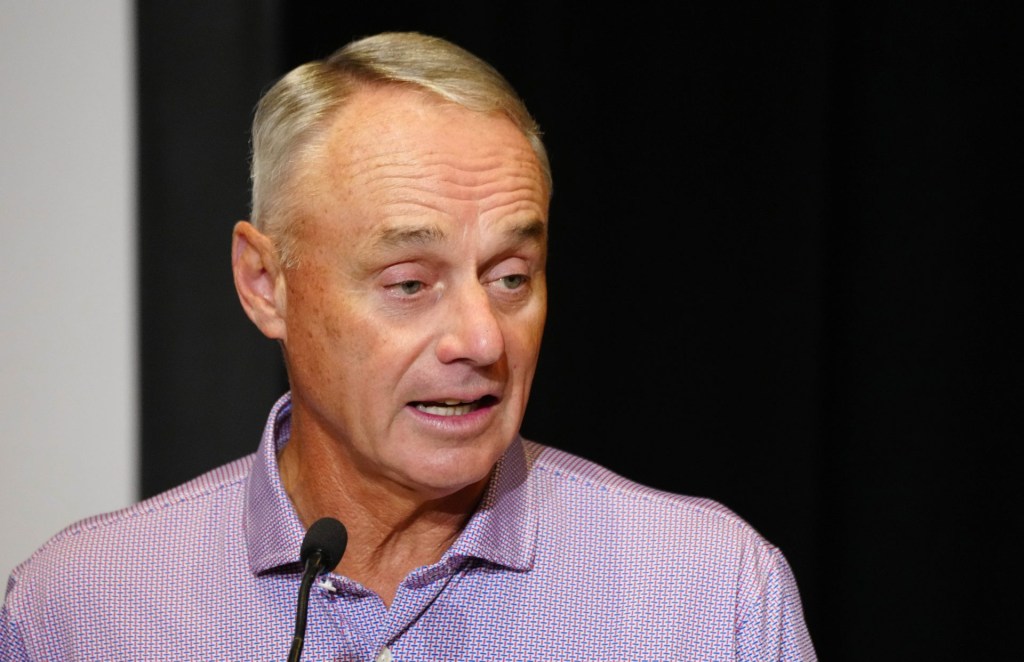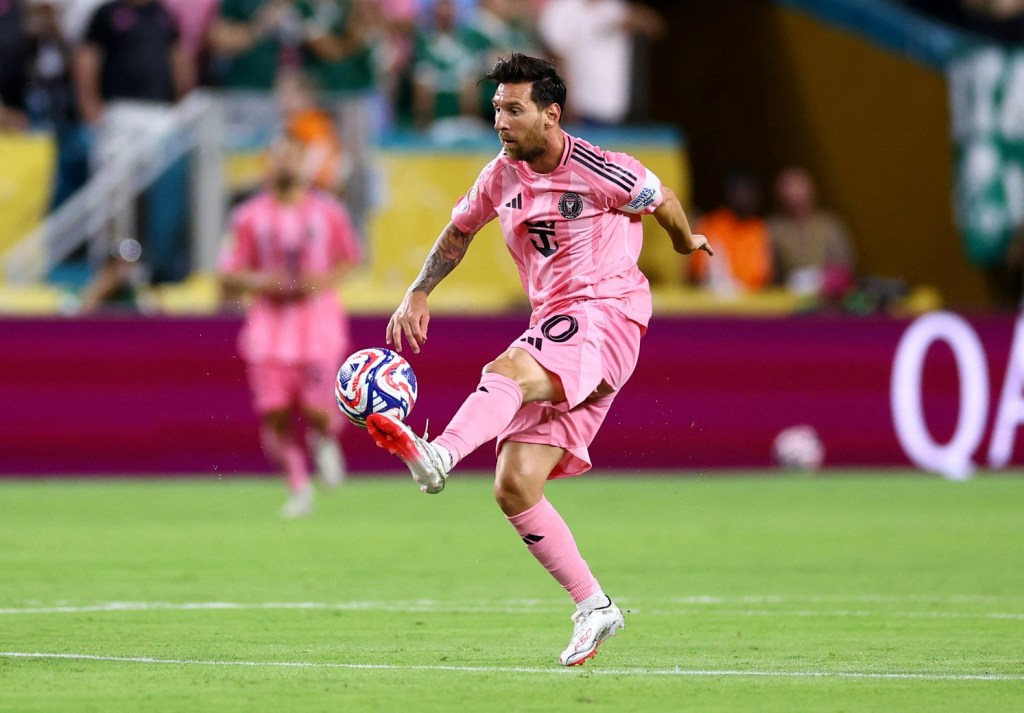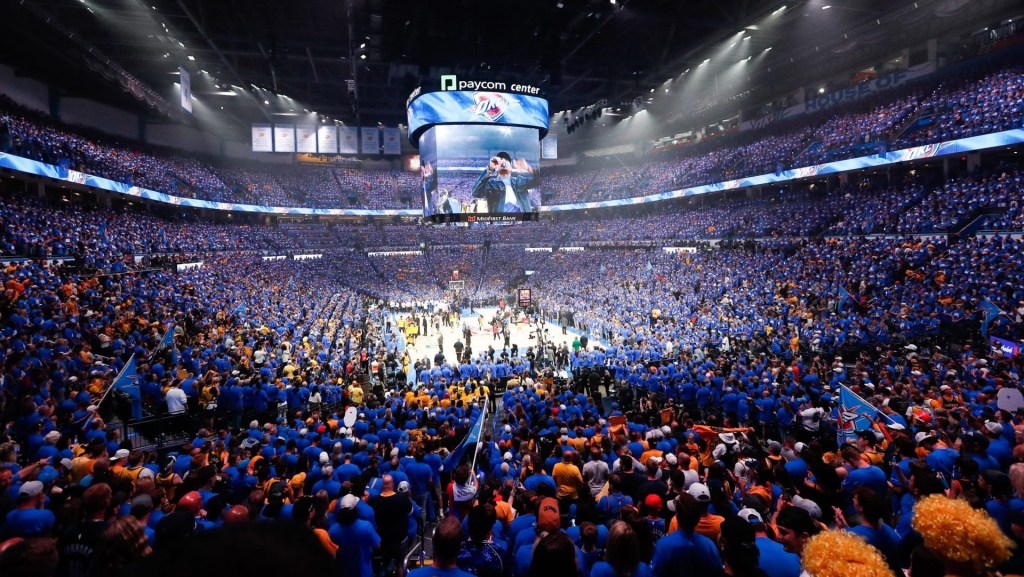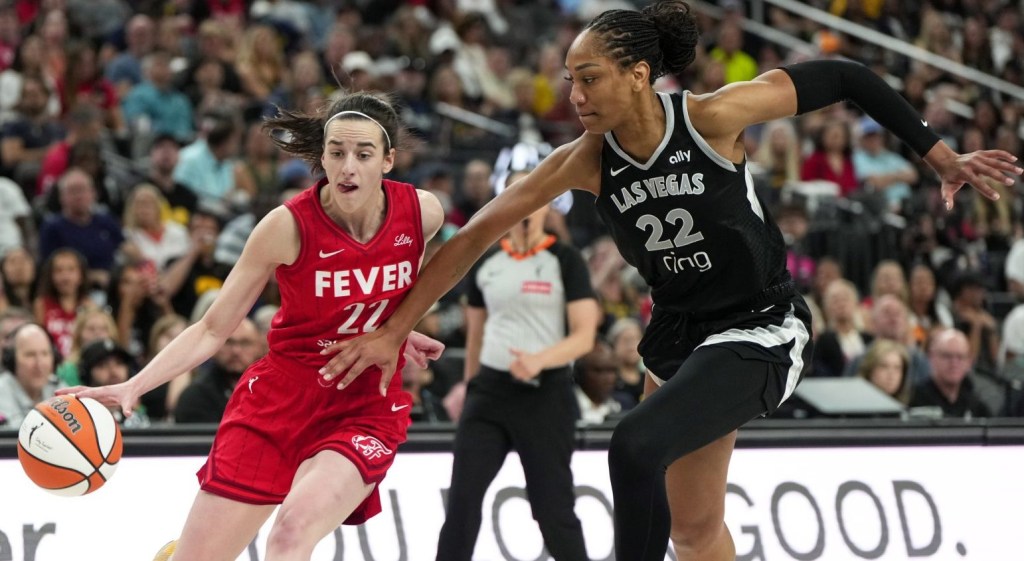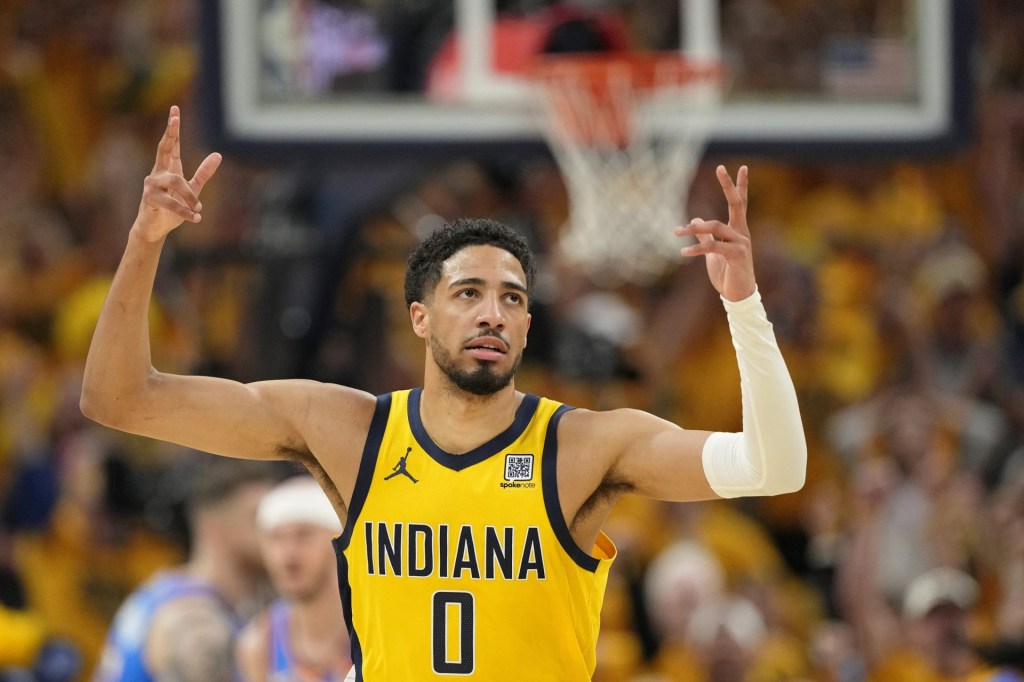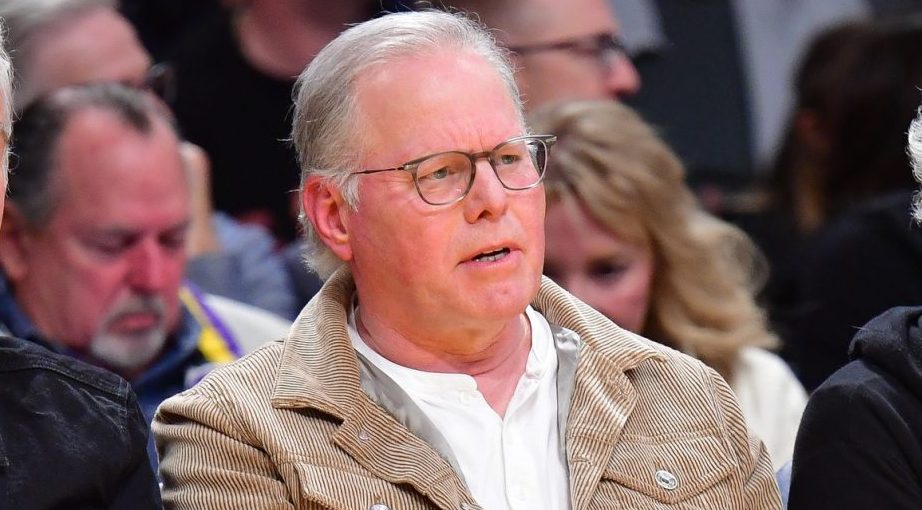Streaming service DAZN is laying off dozens of employees, according to multiple reports.
According to Awful Announcing, the layoffs primarily hit U.S. employees in production and marketing. The layoffs total about 2% of global staff, the Sports Business Journal reported, also adding that employees in Sao Paulo were also affected.
DAZN’s global staff was reported to be about 2,600 people based in 25 countries in March, meaning the cuts would affect around 52 employees.
The company had already furloughed an unspecified number of employees earlier in the COVID-19 pandemic, and told sports leagues that it would not be paying rights fees for any live events that were suspended. DAZN also told leagues that payments for future seasons will be deferred until more specifics about start dates are confirmed.
DAZN was believed to be the first media company with U.S. ties to withhold rights fees, which historically have been mandated even during work stoppages.
DAZN and Major League Baseball agreed to a three-year partnership ahead of the 2019 season, during which the service broadcast a live whip-around show called “ChangeUp.” Ahead of the shortened 2020 season, DAZN cut the show as the parties were reportedly unable to agree on an adjusted price.
The platform’s plans for a global service involve combining markets where its footprint is small — like the U.S. and Brazil – into one global streaming service set to launch later this year, according to the Sports Business Journal. The global service will be run by a small contingent based in North America, and was supposed to go live in time to air Saul “Canelo” Álvarez’s super-middleweight fight on May 2.
Álvarez is now suing the service claiming breach of contract, among other charges. The parties signed a record $365 million contract for 11 fights less than two years ago, and according to the suit. He alleges the company is now offering him a “fraction” of the licensing fee in cash for his upcoming fight plus “some DAZN stock in advance of a potential IPO.”
DAZN debuted in German-speaking countries and Japan in August 2016, then expanded to Canada in 2017. Its boxing-centric U.S. platform arrived in September 2018.
